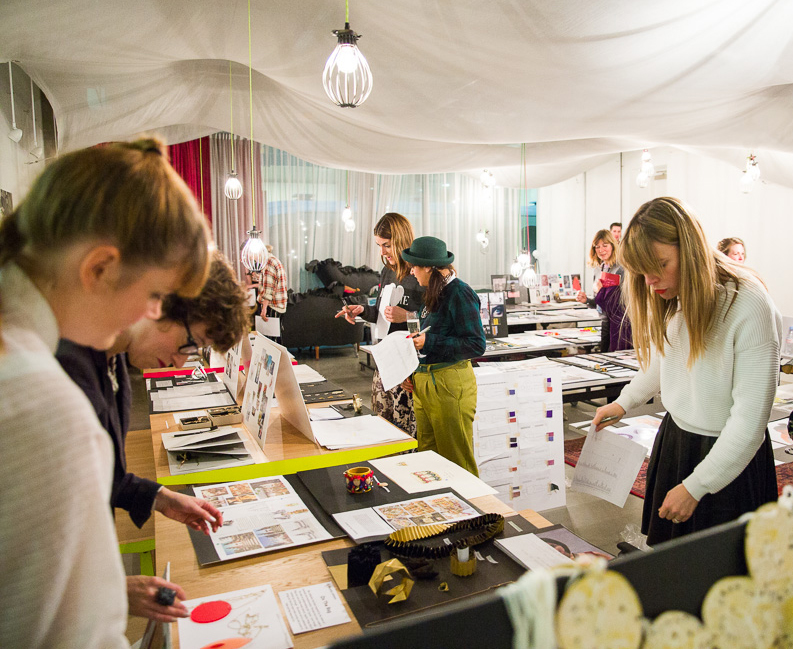Practice-based PhD student Annabel Dover has been announced as the first recipient of a new award founded by the Camberwell, Chelsea and Wimbledon Graduate School with the The British School at Athens (BSA). The award comprises of a new arts residency in Greece, supported by a bursary and with studio and accommodation provided, which Annabel will undertake from 13 March – 31 May this year.
While in Greece, Annabel will look at Athens through the prism of her own personal narrative, engaging with the BSA research theme of building the archive. She will offer an introductory lecture at the School at the start of her residency and host an open studio event while resident. She will also offer a lecture at UAL on returning from the residency.

The Hostel at the British School at Athens. Image above: Tortoise at the Acropolis, image by Annabel Dover.
The BSA, founded in 1886, maintains facilities in Athens which include the Director’s house (with meeting rooms and a recently-created artist’s studio in the roof space); the Hostel, housing a specialist library, archive, museum, accommodation, a common room, kitchen, dining room, and administration; a Hostel Annexe; the Assistant Director’s apartment; and the Marc and Ismene Fitch Laboratory for science-based archaeology. The BSA has a relaxed atmosphere enabling researchers to cross-fertilise among their own different fields of interest, as well as to develop links with local practitioners and researchers.
We spoke to Annabel about her work and her plans for the Residency.
Please tell us about your plans for the British School at Athens Residency – what do you hope to achieve? How will this relate to your current work? What attracted you to apply for it?
I’m so looking forward to having a bed close to a studio and being able to focus on being in the studio and being immersed in my work all of the time. Unless I’m working towards a show I am not very good at making work. Neil Cummings [Professor of Practice and Theory of Fine Art in the Graduate School] talks about there already being too much stuff in the world and I feel I don’t really want to add to it! My PhD research came from and was developed by the practice and I would love to make more practical experiments.

Work from The Psychopathology of Everyday Life by Annabel Dover. Watercolour on paper and porcelain.
The environment of the BSA is something I’m excited about too: there’s a really great looking museum with artefacts and a seed collection, which sounds magical. I am looking forward to meeting new people and hearing about their research. Athens itself is a fascinating city – the squashed oranges that fall off the trees are something I remember my mother telling me about. The central theme of my research is based on reliving my mother’s trip to Athens in the late 1980s. With this I hope to explore a new way of working.
I’ve looked at biography with my PhD research and the way I’ve tried to inhabit the Victorian photographer Anna Atkins. I also want to make work about how it feels to be away from ‘home’ and relate that to other ‘explorers’ such as Marianne North. I’m looking forward to having the freedom to make a record of emotional encounters in Athens.
I like the city of Athens and I feel I have only experienced it superficially, so it will be great to be there for three months. Last time I was there I saw a wild tortoise in the plants at the base of the Acropolis. It was very exciting seeing an (ancient) living thing inhabiting an ancient monument.
Please tell us about your practice, and the subject of your PhD
The role of writing in my PhD has become increasingly important to my research. I use other personae and their stories as a means to explore different histories. Whilst researching Anna Atkins I discovered a woman very different in character to the one I had previously read about. Atkins didn’t seem to me a meek gentlewoman serving her father, she seemed a skilled draughtswoman choosing to subversively ‘gift’ her work into institutions that would not have had her as a member due to her sex. This is all evident in the physical traces she leaves; the cyanotype albums that on close inspection reveal a number of secrets.

Work from The Psychopathology of Everyday Life by Annabel Dover. Watercolour on paper and porcelain.
What did you study that led to you doing your PhD here at the Camberwell, Chelsea and Wimbledon graduate school
I did an MA at CSM and enjoyed looking at objects as a means to discuss emotion and storytelling.
Besides the residency, what else are you working on? And what do you have coming up?
I have been working for ages on what to make for the Murray Edwards collection and after having very grand plans of looking at Victorian female scientists, I have made something much more personal. I have focused on my grandmother and her herbarium collection of Alpine plants. She had many ‘manic’ episodes and years of ECT and her album of Alpine plants seems to encapsulate a lot of her sadness and disappointment with the world.
I am also having a solo at The Minories Gallery, Colchester and Transition Gallery, London in 2017, too.
The British School at Athens Bursary and Residency will be awarded to practice-based PhD students at Camberwell, Chelsea and Wimbledon annually in each of the next three years.

